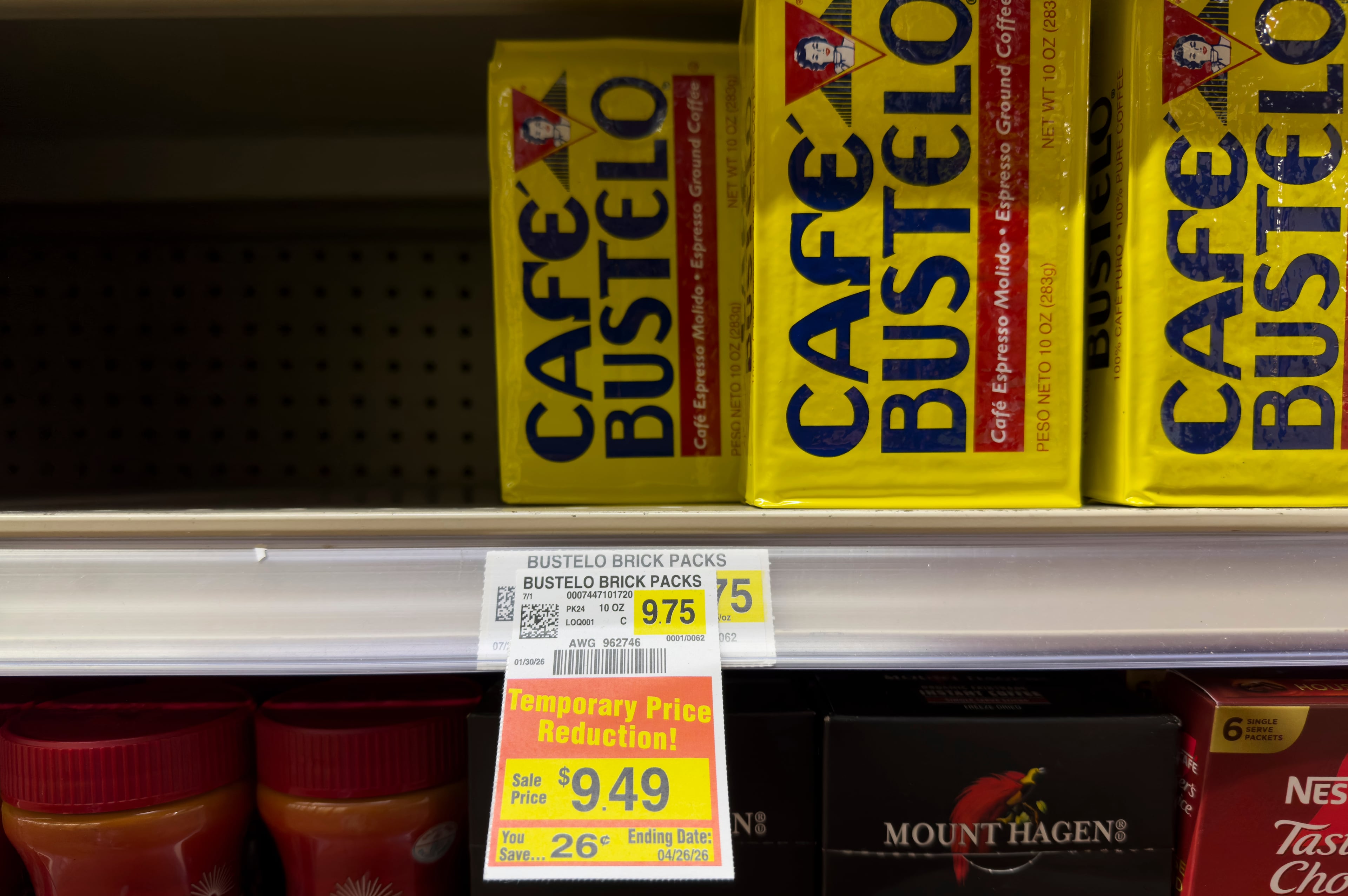OPINION: Gift smarter not harder during the holidays

Christmastime is here and I recently learned that I have just reached the age when I can expect fewer Christmas gifts than I have ever received in my life.
If you are between the ages of 53 and 76, you had better quickly find the real meaning of Christmas because you will not find it wrapped in pretty boxes underneath the tree. Apparently, the best age for receiving Christmas gifts is 16 or 17. That’s when you get the most gifts with the highest value, according to data from CouponBirds.
Honestly, I’m not too upset by this information. I have received some amazing Christmas gifts over the years, so I’ve had a good run. But this news did get me thinking about the whole gift-giving business that causes so much stress during the holidays.
In a group chat, one friend shared a school communication that included a 5-day schedule for secret Santa gifts. Each day of the week, students were required to bring in a gift (candy, cards, ornaments) for their Secret Santa giftee culminating in a big gift valued at $10 or more (Yes, more. Not less).
Another friend shared that her daughter took part in the TikTok trend in which teenagers create sophisticated holiday slide presentations instead of the usual handwritten gift lists. For these tech-savvy kids — links, photos and QR codes have become the pathway to Christmas gift gratification.
Before you start rolling your eyes and wailing about the commercialization of Christmas (which I TOTALLY understand), consider why these more scripted approaches to gift giving might make sense.
Christmas is the season for giving, but it can also be a season of wasted money if you aren’t careful about what you give. It feels good to nail a gift and watch the recipient scream with happiness or cry tears of joy, but this gets increasingly difficult with age.
Once kids reach preteen years, it can be very hard to find a surprise gift that kids want. They are probably past the stage of writing to Santa but not quite at the age where you can give them gift cards and tell them to go buy whatever they want. It feels like the right age to stop surprising and start asking for input.
When I was 12, I distinctly remember realizing that my parents’ had no idea that I was growing up and the evidence was under the tree. The Steven Spielberg movie, “E.T.” had been released that summer and one of my gifts was an E.T. action figure. If you know the movie, you know there wasn’t much action from E.T. other than his neck extending about two feet into the air. I did like the movie, but I would have preferred clothing or a good book as a Christmas gift.
Unfortunately, this doesn’t end in childhood. One friend received a 12-month whisky sampler from her housemate for Christmas. She doesn’t drink whiskey and the sampler has since found a new life as a laptop stand. Now each year, she creates her own personal gift guide so if anyone wants to buy her a gift, they have a document referencing desired items. But she’s in that 53 to 76 age bracket, so she probably won’t be getting much of anything this Christmas.
Gifting stress doesn’t only come from what to buy, but also who to give a gift and how to get it to them.
Years ago, to relieve some of the gifting stress, my sister and I agreed not to exchange gifts on Christmas (we give each other gifts whenever we feel like it). We only buy gifts for the kids in the family and no one expects kids to buy gifts for grownups. This works for us but when I mentioned it to a childless friend, she noted that anyone without kids would get the short end of that deal.
Another family I know does a gift exchange. All names go into a hat and each person only buys a gift for the person whose name they draw. Gifts for other people are optional. My friend usually ends up buying gifts for everyone, but at least he would be off the hook if he decided not to.
If you travel for Christmas, particularly by plane or train, gifts can present yet another challenge. I’ve shipped gifts then asked family members to hide them from the intended recipients until I arrived to wrap them. I have attempted to pack gifts in my suitcase even as I worried about someone ransacking my bags and reaping the rewards, which recently happened to another friend.
I decided there had to be a better way to give gifts that doesn’t involve a guessing game or extreme packing and that doesn’t result in wasted money for a gift no one will ever use.
My daughter did not make a Christmas wish list this year, so I just asked her what she wants. I have a few surprises planned, but they aren’t high-stakes items and are things she has mentioned in the past.
For the kids in my extended family, most of whom are now adults or teenagers, I’m buying gift cards.
And if you’re my age or older, sorry, you’re just out of luck.
Read more on the Real Life blog (www.ajc.com/opinion/real-life-blog/) and find Nedra on Facebook (www.facebook.com/AJCRealLifeColumn) and Twitter (@nrhoneajc) or email her at nedra.rhone@ajc.com.



